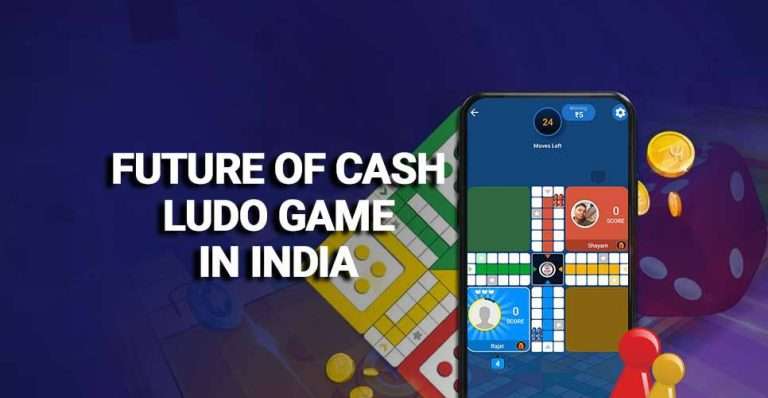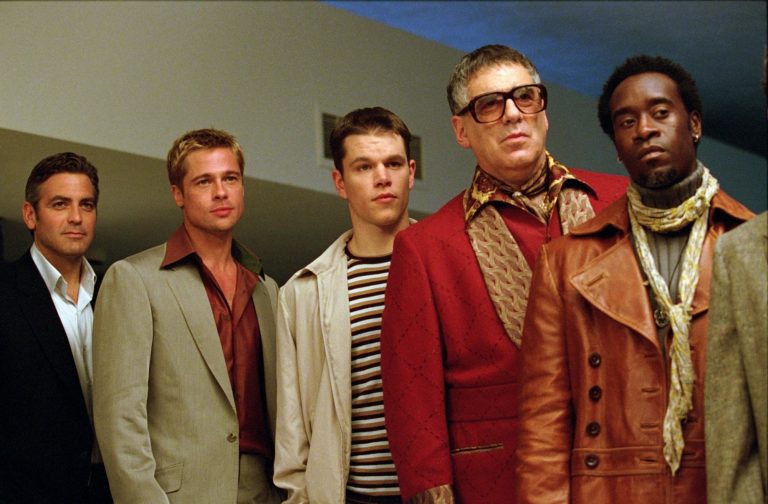Black Mirror: Bandersnatch is an innovative film, released by Netflix in 2018. In the movie, viewers are given the chance to make choices that have a direct impact on the outcome of the storyline. Set in 1984, the movie follows a programmer, but as he begins to work on his game, his life spirals, mirroring the disjointed structure of the project he’s working on.
Interactivity is the Future of Cinema
In the movie, viewers are given the chance to make decisions, from the cereal the main character eats to pivotal choices that have a major impact on the outcome of the story. Although the movie was a huge success, it’s only scratching the surface of where we could go from here. Moving forward, it could be possible to take inspiration from games.
For example, in games like Heavy Rain, the story adapts to player decisions, with no game-over. If a character dies, the story continues, incorporating their absence dynamically. It could even be possible to take inspiration from live games, such as Adventures Beyond Wonderland. Incorporating live interactivity with a real person would be a game-changer for the cinematic world. Just as live casinos have dealers on rotation, interactive movies could offer a similar experience, with each viewing resulting in a different experience entirely. In the game mentioned above, even though the main element is luck, player choices also have a direct impact on the outcome. An example would be when the wheel lands on the Magic Dice segment, everyone who bet on it, gets the chance to play a side game.
Experiences like this would not only help to make movies like Black Mirror: Bandersnatch more immersive and unpredictable, it would also put more power into the hands of the people watching it, showing how far it’s possible to take this experience and use it as a direction for future movies.
Where Can We Go From Here?
Future movies from Netflix, or other major streaming providers, could also leverage AI to adapt storylines according to the viewer’s personality or the previous choices they have made. Subtle patterns could also be detected in user decisions, creating a deeply personalized experience. Dynamic endings could also be introduced. It may be that viewers witness outcomes that are based on smaller, cumulative decisions rather than solely isolated key moments. When you combine this with real-time storytelling where multiple viewers can contribute to the decisions made, it’s easy to see how explosive this could be. A real communal experience could be created on a stage set for global interaction. With shared stakes and unpredictability, this could revolutionize the world of cinema and pave the way for a new and exciting viewing experience.
It could also be possible to include VR and AR, putting viewers as the person in the story, rather than controlling a character. It would be possible for them to speak with others, collect clues, and expand the world. Haptic feedback would be another idea, although it’s often used in games, it’s a great way to expand the horizons of what cinema is capable of and indicate what direction it could take in the future.






